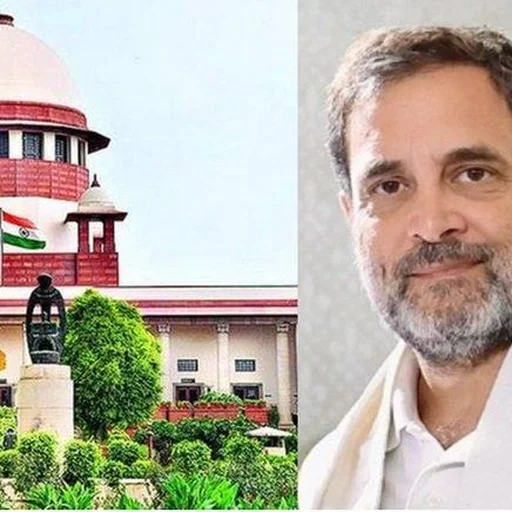Have you ever wondered what happens when politicians make strong statements? Well, a recent case involving a prominent Indian politician is a great example. The Supreme Court has stepped in to temporarily stop a defamation case against Rahul Gandhi, a member of Parliament. This case revolves around comments Gandhi made about Union Home Minister Amit Shah during a political rally back in 2019.
The controversy began during a public speech in Chaibasa, Jharkhand, just before the Lok Sabha elections. Gandhi reportedly referred to Shah as a “murder accused.” A worker from the Bharatiya Janata Party (BJP) then filed a complaint, arguing that Gandhi’s comment damaged Shah’s reputation. This action highlights how powerful words spoken during campaigns can sometimes lead to legal troubles. The ongoing legal battle also highlights the tensions that can arise when politicians voice strong opinions.
The Supreme Court’s recent decision to pause the trial is a big deal. Justice Vikram Nath, who led the court bench, agreed that there were important points that needed further review. This means the lower trial court cannot continue until the Supreme Court finishes its examination. So, for now, the legal proceedings are on hold, giving the Supreme Court time to consider the arguments presented.
This situation raises questions about the balance between freedom of speech and the laws against defamation. It shows how political remarks, especially during elections, can have major legal consequences. Furthermore, the case shows how these disputes can escalate all the way to the highest court in the country. It’s not certain how long the trial will be paused, but it’s clear the Supreme Court wants a closer look. Ultimately, their decision will help define the line between free speech and defamation in political discourse.
